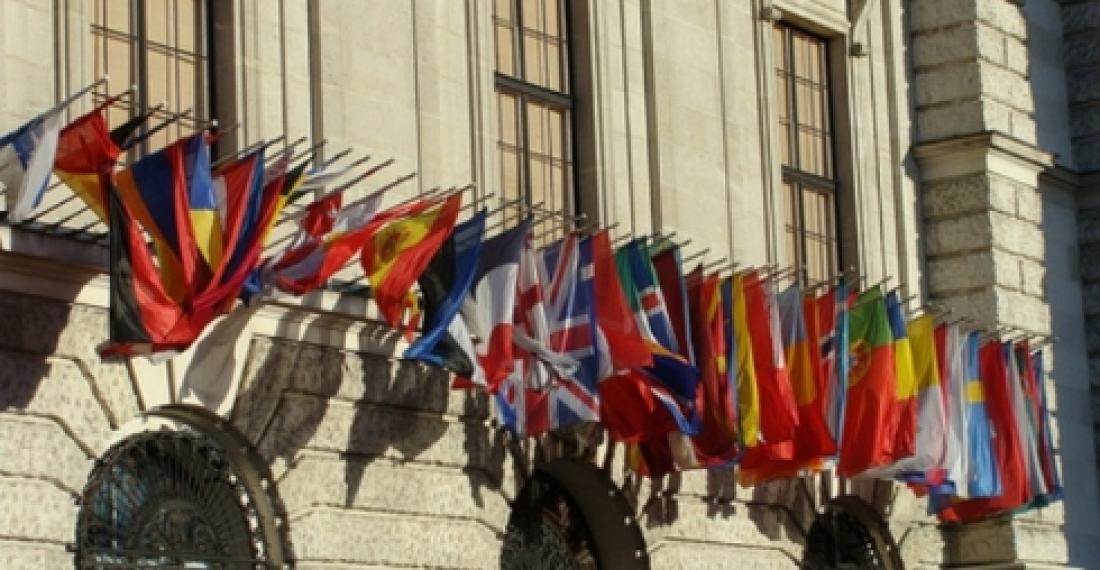Постоянный Совет Организации по безопасности и сотрудничеству в Европе (ОБСЕ) в понедельник собрался в Вене, чтобы обсудить решение правительства Азербайджана о закрытии офиса организации в Баку. Постоянный Совет состоит из представителей пятидесяти семи государств-членов. Внеочередное заседание было созвано председательствующей в ОБСЕ Сербией.
Обращаясь к Постоянному Совету, представитель Европейского Союза, выступая от имени двадцати восьми государств-членов ЕС, а также Албания, Босния и Герцеговина, Исландия, Норвегия и Черногория заявили, что решение правительства Азербайджана "стало полной неожиданностью, так же в вербальной ноте Министерства иностранных дел Азербайджана не было названа никаких причин для такого решения, и не было каких-либо предварительных уведомлений о намерении правительства Азербайджана по этому поводу. Азербайджан не консультировался с государствами-участниками до принятия этого решения".
В заявлении ЕС также сказано, что от правительства Азербайджана необходимо убедительное объяснение.
В заявлении ЕС сказано следующее:
"Азербайджан добился значительного прогресса в таких областях, как экономическое развитие и стабильность. Однако, по-прежнему остается много преград для полного осуществления его обязательств в рамках ОБСЕ и мандат проектно-координационного офиса предназначен именно для поддержки Азербайджана в достижении необходимых реформ и модернизаций, в том числе в развитии демократических институтов, верховенства закона и защиты прав человека и основных свобод. Поэтому, на наш взгляд, мандат не завершен. Данное решение несовместимо с принципами сотрудничества и доверия, принципы которые находятся в основе ОБСЕ. Закрытие проектно-координационного офиса в Баку серьезный шаг назад в сотрудничестве Азербайджана с ОБСЕ. Присутствие на месте ОБСЕ является одним из наиболее эффективных способов поддержки государства-участника в выполнении его обязательств в рамках ОБСЕ. ЕС уверен, что обсуждение любого присутствия ОБСЕ на месте и его мандата должны проводиться в рамках нормального цикла принятия решений и в рамках установленных структур и методов работы Организации. Поэтому ЕС сожалеет о решении правительства Азербайджана прекратить Меморандум о взаимопонимании и просит Азербайджан пересмотреть его с целью создания условий для беспрепятственного продолжения работы проектно-координационного офиса."
Вы можете ознакомиться с полным заявлением Европейского Союза здесь.
Решение правительства Азербайджана также подверглось критике со стороны представителей Соединенных Штатов и Канады. Вы можете ознакомиться с полным заявлением представителя Соединенных Штатов здесь.
Данный вопрос остается на рассмотрении Постоянного совета ОБСЕ.
Источник: commonspace.eu






